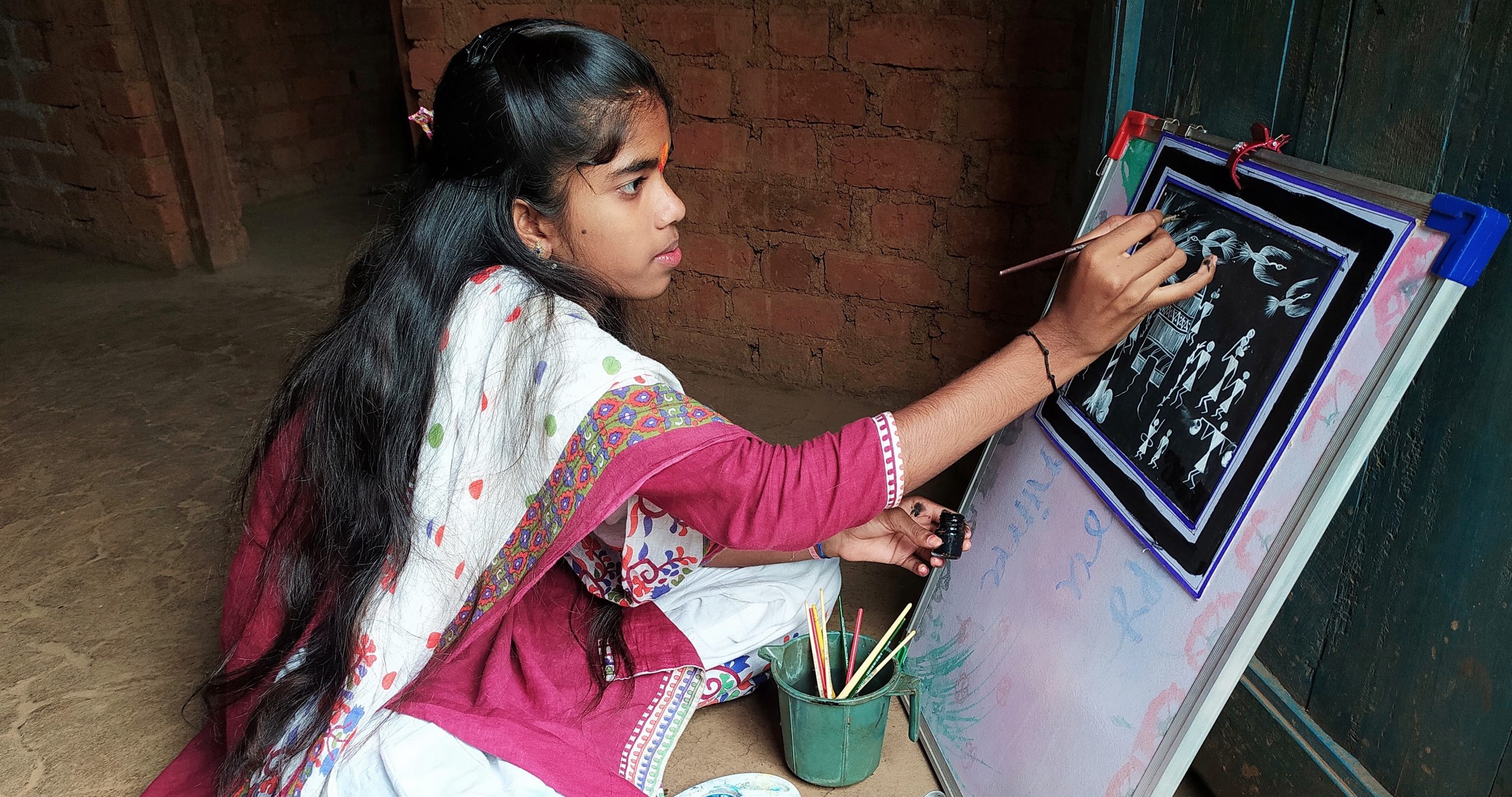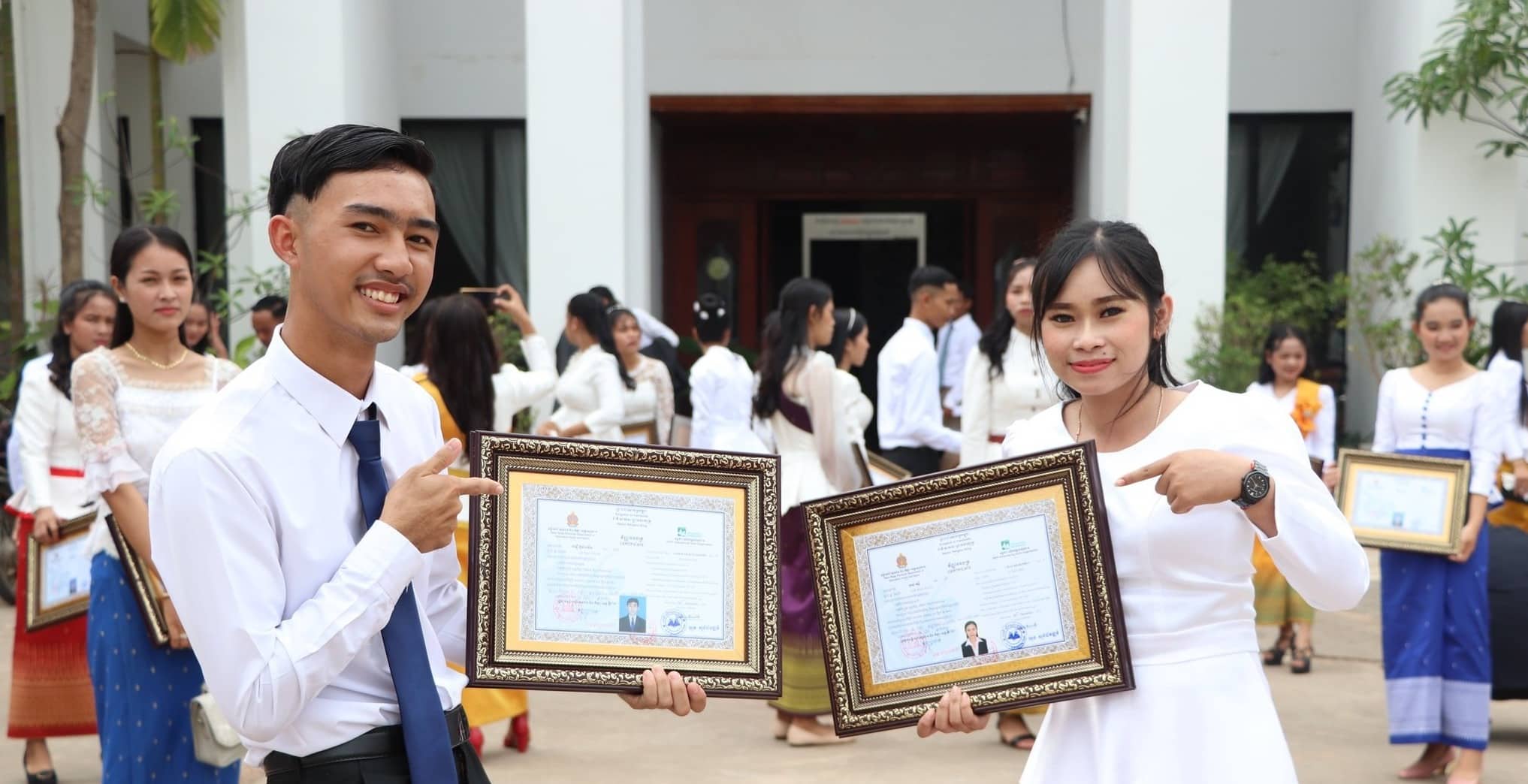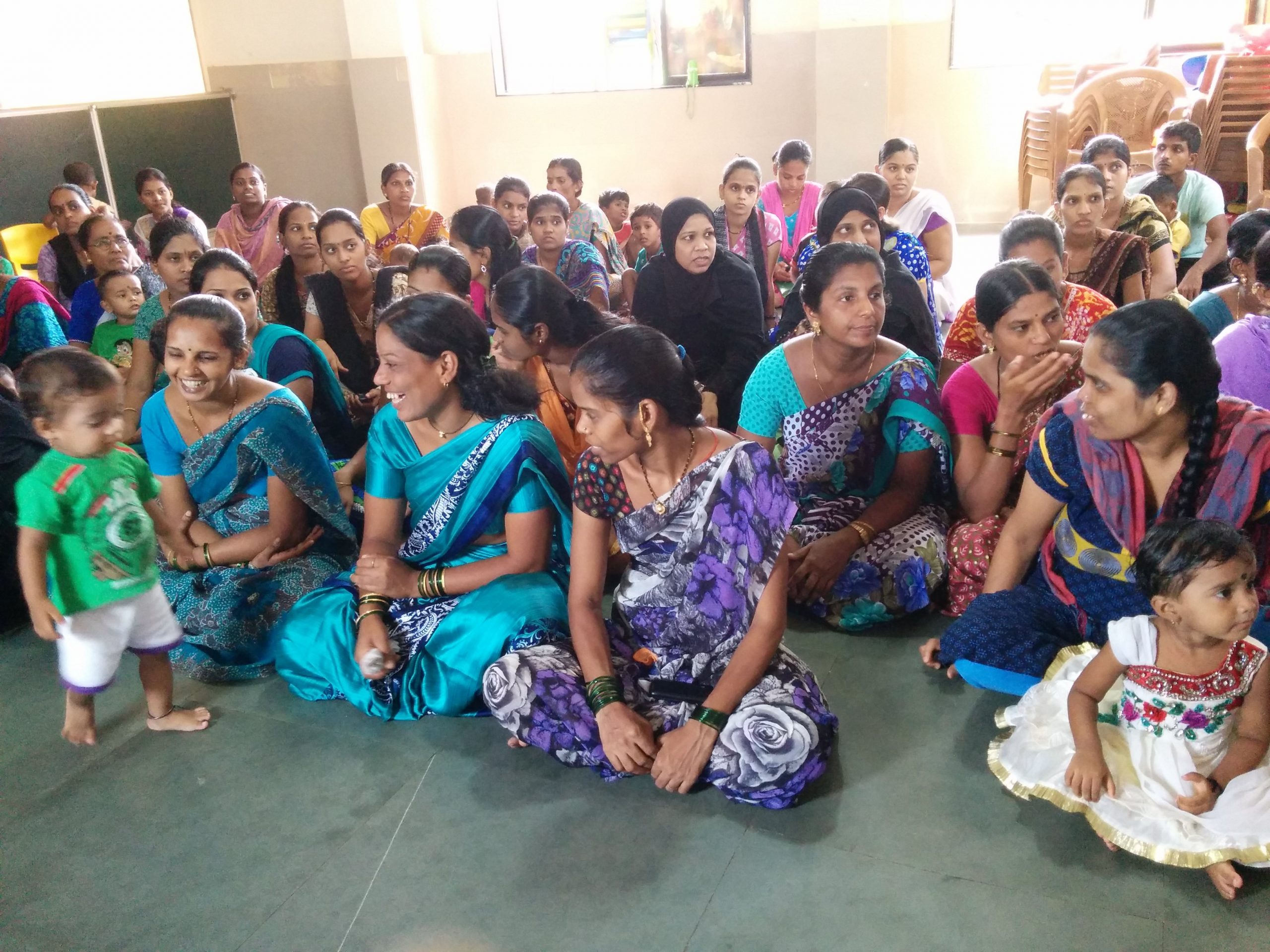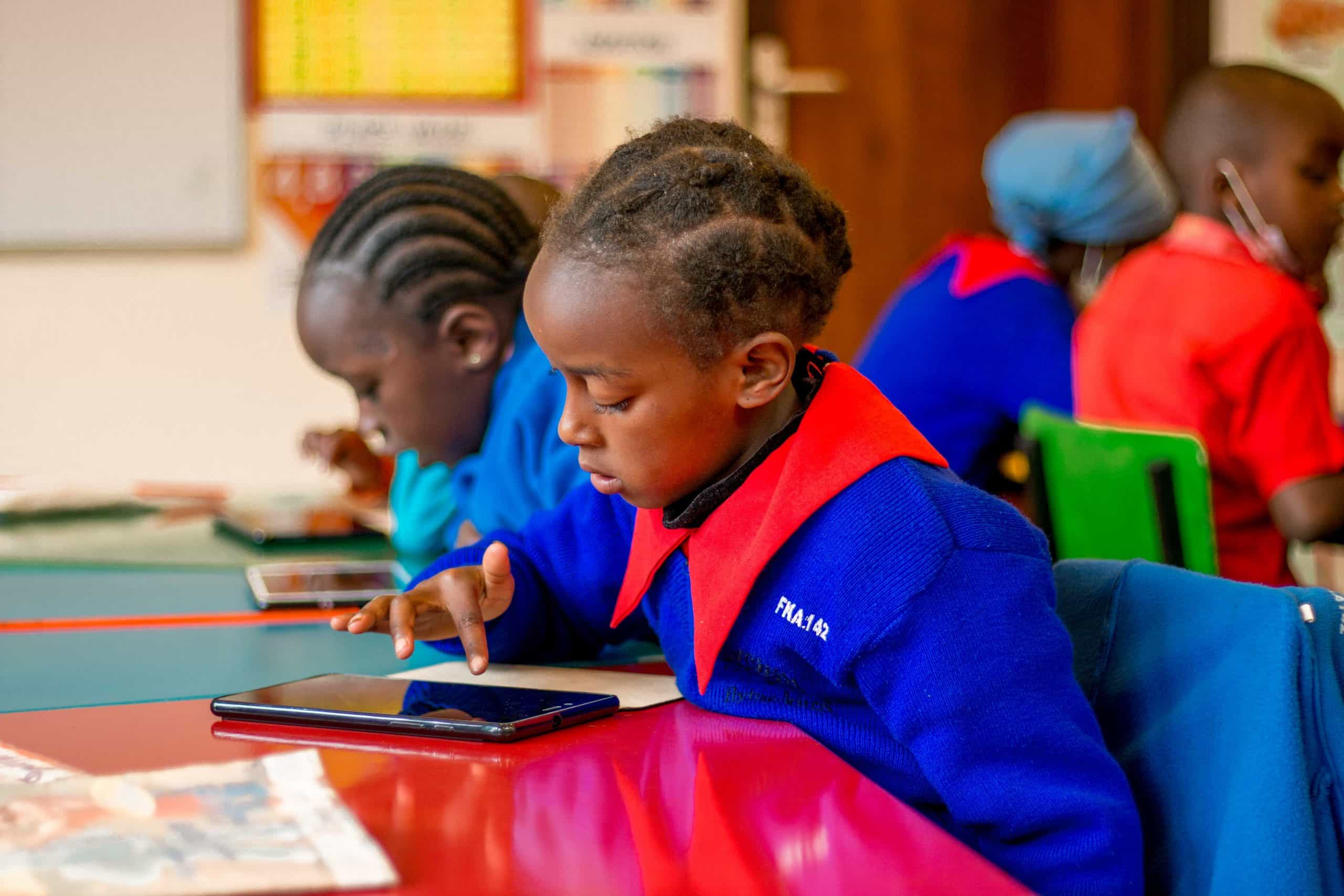Category: Nonprofit Partner Overviews
-
Professional Development in India with Learning Links Foundation
Improving Education Quality through Teacher Training Even though access to education in India has improved, quality remains a concern. According to 2015 statistics, only 16% of Grade 10 students are at grade level in math and over half read below grade level. Subpar education means limited job prospects — only 2.3% of the Indian workforce…

-
Supporting Technology Skills in Cambodia with PEPY
Bridging a Technology Gap for Cambodian Students Rural Cambodian youth have few income opportunities outside of construction, agriculture, or migrating to Thailand. As a result, education is undervalued and drop out rates are high, causing the cycle of poverty to repeat. The impact of Covid-19, however, only worsened the situation with many Cambodian youth losing…

-
Supporting Early Childhood Development at Home with Dost
Addressing the Generational Cycle of Illiteracy Many resource-constrained families struggle to give their children the best education, particularly in the early years. Experts agree on a cost-effective yet overlooked approach to address this cycle of illiteracy: empower parents to promote early childhood development at home. In India, there are still over 160 million illiterate women.…

